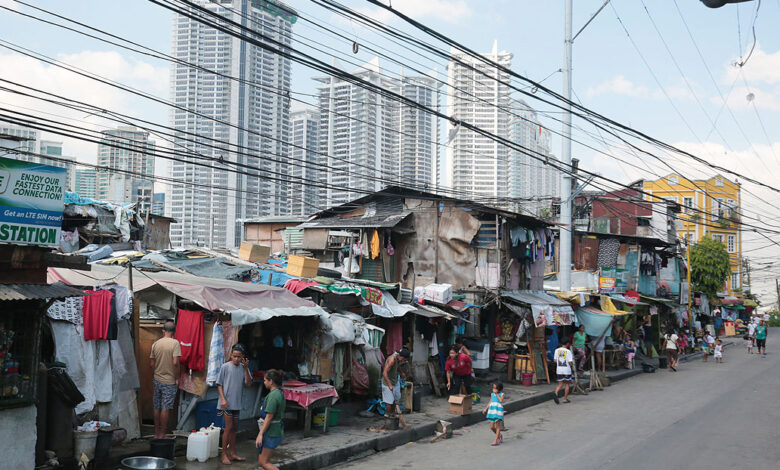
Who Really Benefits from Wealth Distribution in the Philippines?
The Philippines has always been a land of riches, but the story of who enjoys that wealth hasn’t been consistent. In pre-colonial times, ordinary Filipinos adorned themselves with gold jewelry, while datus and sultans displayed their power through silk, red garments, and grand feasts. Today, our wealth endures in our minerals, fisheries, and the diligent work of millions of Filipinos. This raises a crucial question: who truly benefits from wealth distribution in our country?
Then: People Over Gold
Unlike in Europe, where land and treasure defined people, pre-colonial Filipinos valued people the most. The more followers, allies, and dependents a datu had, the stronger and richer he was. Gold was common, but people who worked the land, rowed the boats, and supported leaders were the real measure of wealth.
This showed how wealth distribution in early societies was tied to influence and loyalty, not just money.
Now: Still Rich, Severely Unequal
Now, despite our abundance in natural resources and the billions of pesos sent home by Overseas Filipino Workers (OFWs) every year, wealth distribution remains sharply unequal. In 2023, nearly 15.5% of the population—or about 17.5 million people—were still living below the poverty line, unable to meet their most basic needs.
This is a sharp contrast to pre-colonial times, when wealth was more visible across society. Remember, even farmers and warriors wore gold! Today, while a small group of families, corporations, and government officials control most of the nation’s riches, millions of families struggle to reap its benefits.
READ: Why Some Nepo Babies Earn Respect (and Others Don’t)
So Who Actually Benefits?
What has changed over time isn’t the Philippines’ wealth, but who gets to enjoy it.
In the past, it was datus and sultans who controlled trade and demanded tributes. Today, it’s the business tycoons, political dynasties, and even foreign corporations who hold the keys.
Now, the challenge isn’t about whether the country has enough resources, but about how that wealth is managed and shared. Because until policies and systems change to prioritize ordinary Filipinos, the benefits will remain concentrated on top.


